 "I just wanted to share something with you all that I saw one of our staff members go up and beyond their job descriptions . Check out one of our new safety officers in the ASCEND parking lot. Yoko and I decided to swing by ASCEND to see her in action while students were being dropped off. She never ceases to amaze me!" Submitted by: Claudia Martinez, Speech and Language Pathologist Aide at ASCEND and LWL If you see a fellow Senecan doing something great, snap a photo and send it to our blog team! |
 Charter Schools have long been the subject of intense debate. Proponents of the charter movement assert that charters provide families with necessary alternatives to the struggling district system and that their existence invokes market competition and raises the bar for all schools and families. In addition, charter advocates are proud to expand the range of schooling options, offering students and families a broad range of choice. Opponents question the practices of admission and student retention, arguing that charters take only top students leaving the burden of serving students with more intensive needs to the district system. Click here for a more in depth look at both sides of the issue One area of scrutiny is the role of charters in serving students with disabilities. Historically, charters have served fewer students, with less intensive disabilities than their district counterparts. Frequently, students with significant disabilities are identified prior to the time they enter school and are then funneled into services within the district system that begins prior to kindergarten. Also, charters are generally smaller than their district counterparts and do not have the scale to develop separate specialized programs some parents prefer. That said, we are seeing signs that this historic trend is starting to change! As we have seen in our partner schools, charters are increasingly going above and beyond their district neighbors to provide intensive and individualized supports and many parents are removing their students from restictive settings and choosing the inclusive practices offered at charters instead. As a result, we’ve seen a sharp increase in the number of students enrolling with our charter partners who come from Special Day Class settings. A report out this week from the National Center for Special Education in Charter Schools has some good news highlighting the efforts charters have made to more effectively identify and serve students with disabilities. In addition, the report indicates, students in charter schools are more likely to be served in inclusive settings than their similarly disabled peers in district schools. Click here to read Disability Scoop’s full article “Inclusion More Common at Charter Schools, Report Finds”  According to US Department of Education civil rights data collected in 2011-2012:
As a partner of both district and charter schools, we are eager to continue to engage in the conversation about the best ways to meet the needs of students with disabilities in the communities we serve! Seneca’s Unconditional Education Leadership Team is collaborating with leaders on both sides of the debate to support the development of practices for special education aligned with the recent recommendations by California’s Special Education Task: One System: Reforming Education to Serve All Students. Click here to read more about the task force's plan to overhaul special education  Blog post written by: Robin Detterman, Executive Director of School Partnerships  “My mission in life is not merely to survive, but to thrive; and to do so with some passion, some compassion, some humor, and some style.” - Maya Angelou One of the leading Clinical Strand goals this year is to support our programs in increasing trauma-informed education practices. We do this through consultation with teachers, administrators, front office staff. We might discuss specific students’ internal working models. Or raise awareness of the impact of trauma through conversations, suggestions, staff trainings and student groups. We bring curiosity back where it’s been stifled; we normalize, validate and empathize. We think carefully about the function of a student’s behavior and share our hypotheses that they are doing the very best that they can right now; we attempt to draw empathy and compassion back where it may have been lost after several frustrating interactions with a struggling student. We hold hope, and joy, and love. The truth is that we are all doing this work, and it comes at a price. We are human, and the stories we hear leave an imprint on us as well. This can be accumulative, and result in something called Vicarious Trauma, or Secondary Stress. Today’s blog post will focus on how we can recognize and mitigate the impact of secondary trauma. This is part of high quality trauma work! We must help the helpers, and guess what: you’re the helpers! Signs of Vicarious/Secondary trauma include: feeling irreplaceable, powerless, anxious or impatient. Experiencing headaches, sleep disturbances, hypervigilance. Missing work, isolating from friends, difficulty concentrating, loss of hope. Listen to your colleagues or loved ones if they notice changes in your demeanor; it can be hard to recognize this in ourselves. So what can you do if you notice signs of stress that are impacting your ability to attend to your work of caring for others? Self care is a key piece of the puzzle here, and your supervisors can help with this too. We are always looking for ways to create and improve a trauma-informed system of care, and need you to share what works for you so we can continue to develop our innovative practices in a way that is sustainable for everyone involved. The importance of practicing self care -- right now! We can't always wait for that vacation time in 4 months, or the upcoming honeymoon to Aruba, or even the end of the day to catch a breath, take a step back, assess and reassess your difficult or triggered feelings. Self care may need to be conjured or practiced in the Very Moment. The moment you are aware of an imbalance in your best self. An important choice rests on your shoulders. What can be a brief practice of self-care that can shift the balance and reduce anxiety, stress and burnout or even subvert vicarious trauma? Consider incorporating one or more of these practices -- or re-incorporating if they fell off your radar. Time to reboot?
It is my honor to take a moment of your time today to appreciate all that you bring to this work, and to encourage you to notice if you or a colleague may need some extra support and encouragement. Let’s normalize the impact of trauma on all of us so that we can practice ways of staying connected and whole and balanced together. Obviously we believe in the power of our work to transform lives and heal the hurt--your life is just as important, what can you do today to honor you?  Blog post written by: Emily Marsh, Director of Clinical Intervention Services  School Psychology This year, the School Psych Team has been diligently working on establishing deeper relational connections with families and other stakeholders, in addition to improving their collaboration and pre-assessment support with each All-In school site team (in addition to working with some contracted school sites). While actively participating in a wide variety of pre-assessment consultation meetings, the Psych Team has supported with developing strategic plans for students with academic, social, emotional, and mental health needs even before the assessment process begins. You may spot them around your campus with their rolly-luggage in tow full of assessment materials, but please feel free to stop, tap them on the shoulder, or reach out via email if you need to chat or consult with them about a kiddo on your campus! Speech and Language 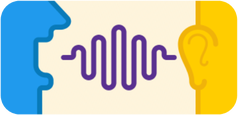 Welcome our new SLPs, SLPAs and our amazing speech aide. November is right around the corner and there are so many exciting things that have already happened in the few months we've been in school from this dynamic team. Therapists across all sites have completed 30-day IEPs, screened kiddos through COST, and have begun the process of initial IEP assessments. During Academic Strand meetings, this group will be breaking away into a smaller group in order dive deeper into speech specific consultation conversations, discuss trends among sites, share materials and resources, and ultimately continue to develop strategies and interventions to support all our students. They will continue to work on a unified COST referral form that will be shared with UE coaches across sites, so stay tuned! Occupational Therapy 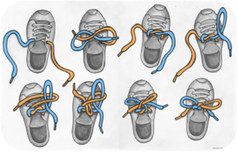 Our amazing Occupational Therapist has included many fun therapeutic-based activities to promote our students’ acquisition of motor skills and increase independence during academic/leisure and self-care skills at school! She incorporates bilateral coordination with students and teach the sequencing for self-help skills such as learning how to tie their shoe laces, make a waffle breakfast, and organize their folders and backpacks. She supports students with practicing self-regulation strategies (which also increases upper body strength and dexterity of the hands) through a variety of motor activities, such as animal walks, finding treasure in theraputty, and engaging in weight bearing exercises such as wall and chair push-ups. She also supports students with strengthen eye-hand coordination by incorporating fun fall-themed activities that also promote body awareness, such as skeleton crafts. Occupational Therapy promotes the skills required to participate in daily life, at school and beyond. The joy in occupational therapy includes disguising the “hard work” as fun, and incorporating motivational activities to promote foundational skills for learning.  Blog post written by: Toshia Mears, Director of School Partnerships |
Authors:School Program Partnerships We're Hiring!Interested in joining our School Program Partnerships' Team? Check out our open positions below!
Categories:
All
Archives
May 2024
|

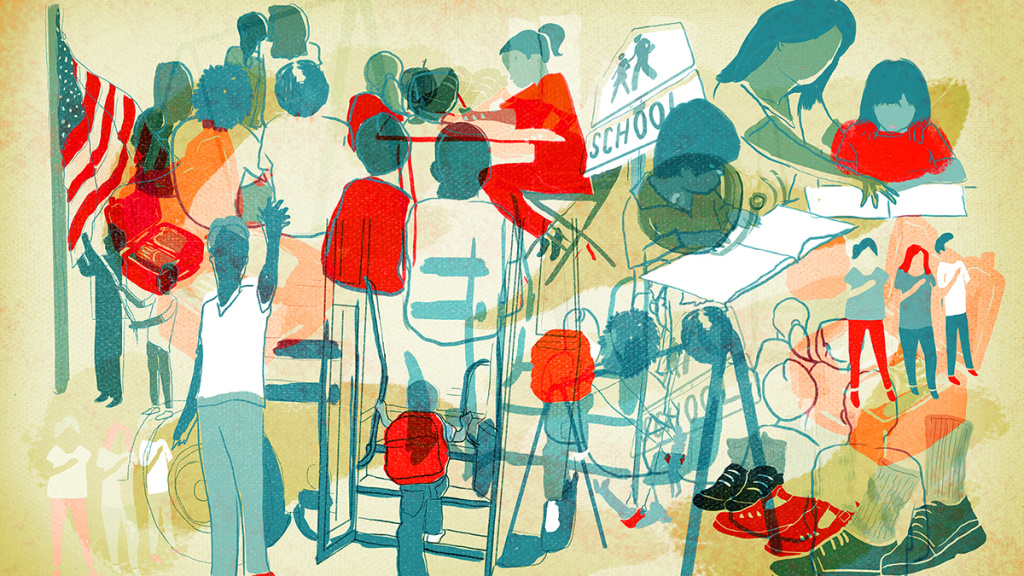
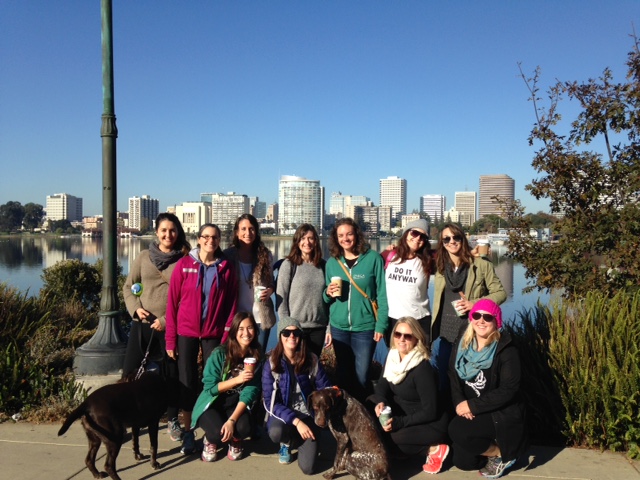
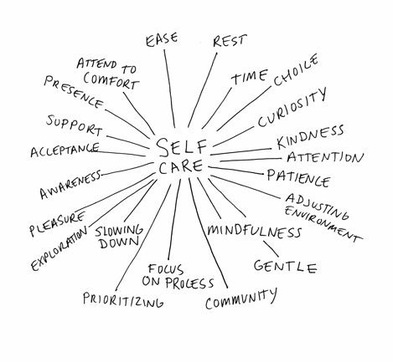

 RSS Feed
RSS Feed